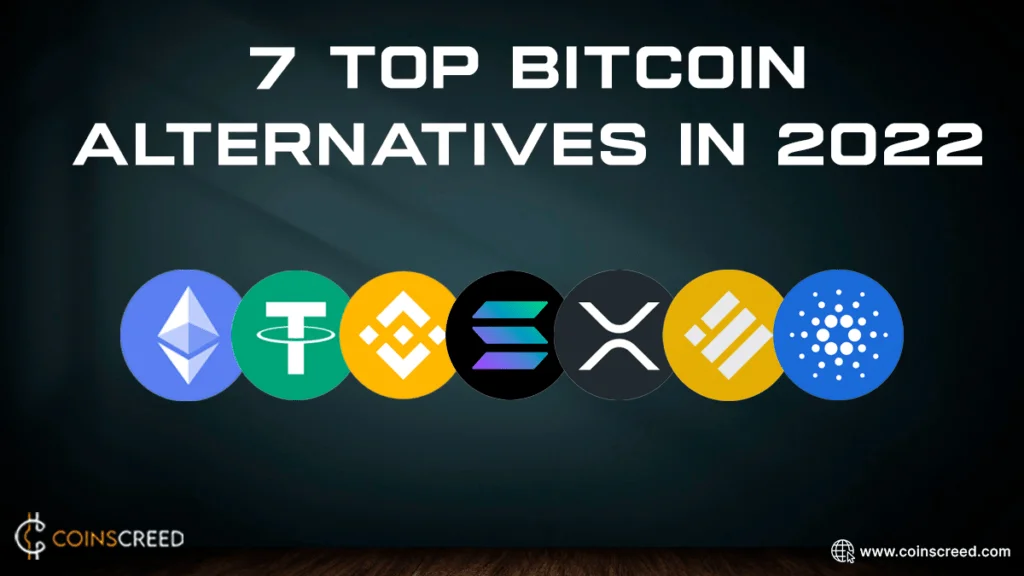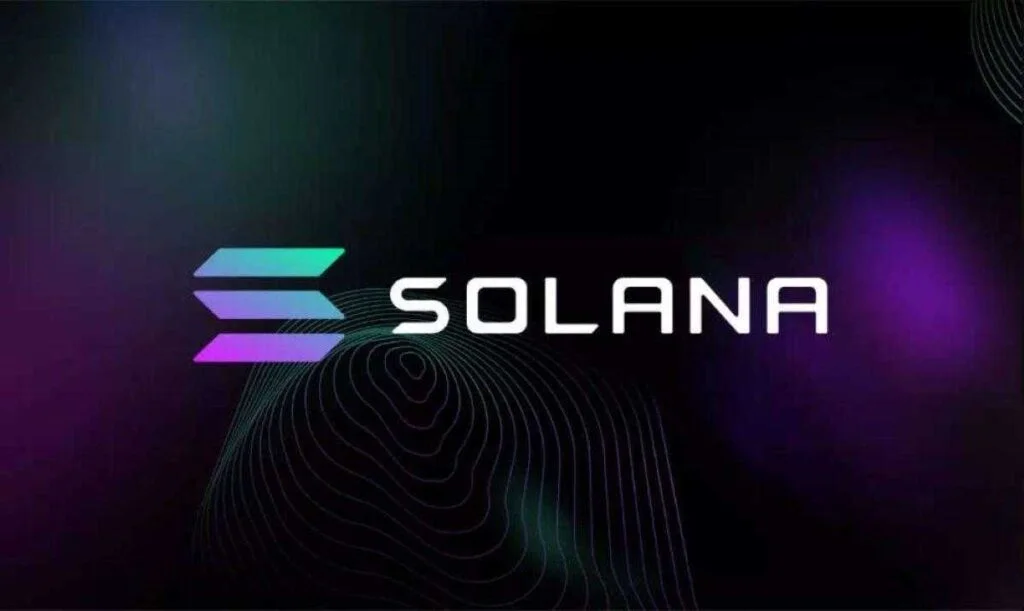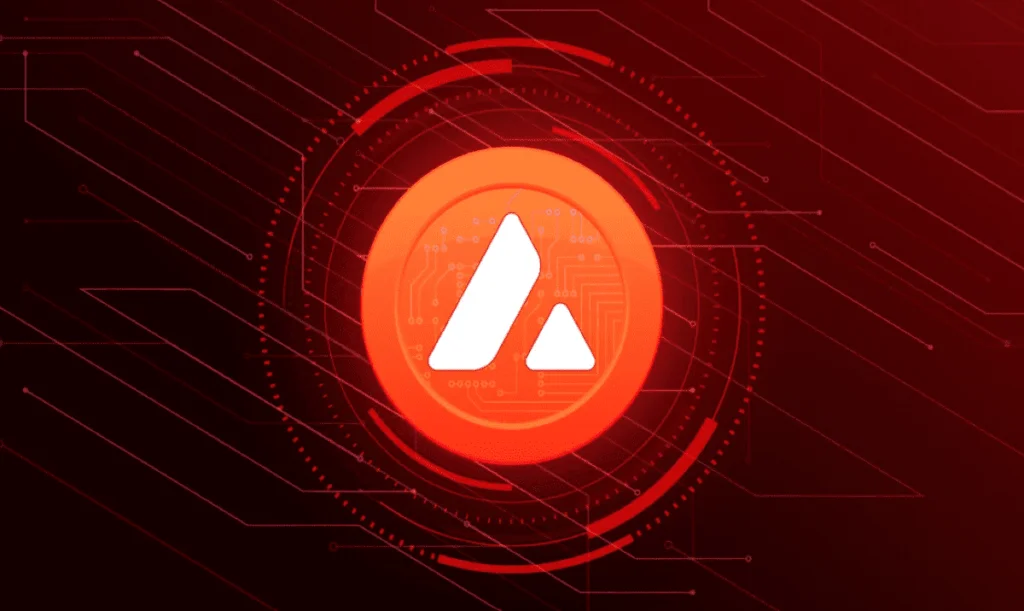Bitcoin is identified as the top coin in the cryptocurrency space, but there are other cryptocurrencies worth investing in. This article discusses various bitcoin alternatives investors can get interested in.

Bitcoin is the first cryptocurrency most new users give some thought to if they are thinking about investing in cryptocurrency.
However, it would be best if you considered spreading your cryptocurrency investment risk by buying additional coins like Ethereum, Ripple, Litecoin, Cardano, Binance Coin, Polkadot, Solana, and Avalanche. Investing in any of them is a good idea.
There is a good reason why Bitcoin is one of the most well-known cryptocurrencies today. It was among the earliest digital currencies ever made and is still frequently used today. Since 2013, the value of bitcoin has increased by more than a hundred times, attracting a lot of attention because of the enormous potential profit margins.
But now, there are many other cryptocurrency options to choose from. So you might be wondering why someone would put their money into a cryptocurrency that isn’t Bitcoin.
The answer is simple: there are benefits to using specific cryptocurrencies, such as higher profit margins, faster transaction times, and more anonymity (through, for example, a VPN subscription).
What is Bitcoin?
Bitcoin is a cryptocurrency, which is a digital asset created to function as money and a medium of exchange that is unlinked to the activities of any single government or bank.
Because of this, Bitcoin has eliminated the need for intermediaries in monetary transactions. It can be purchased from several exchanges and is used to compensate blockchain miners for their work verifying transactions.
Bitcoin was introduced to the public for the first time in 2009 by an anonymous developer or developers under the alias Satoshi Nakamoto.
It has since increased in popularity to become the most well-known cryptocurrency worldwide.
The widespread adoption of this cryptocurrency has spawned a plethora of imitators.
Other blockchains and emerging financial technologies are looking to displace it as a payment mechanism or incorporate its utility or security tokens. They’ll try to supplant it with their payment system if it doesn’t work.
Bitcoin is like gold in that it may be used as currency and divided into even smaller units called “satoshis” (with up to eight decimal places), but it is also considered a store of value.
For one thing, the value of a single bitcoin had increased dramatically from its early days, when it was valued at less than a cent, to the present day, when it is worth tens of thousands of dollars.
Therefore, when discussing Bitcoin in the context of a financial asset, the symbol BTC is used.
Commonly used to describe cryptocurrencies, “decentralized” is something that is not controlled by a central authority or located in a single physical location.
For example, Bitcoin and many other cryptocurrencies are decentralized in that their generation, supply, and security are not under the control of a central authority like a bank or government. This also holds for a wide variety of other digital currencies.
In this piece, we’ll examine seven Bitcoin alternatives in greater detail.
7 top alternatives to Bitcoin
Here are 7 alternatives to Bitcoin:
- Ripple (XRP)
- Cardano (ADA)
- Ethereum (ETH)
- Polkadot (DOT)
- Solana (SOL)
- Monero
- Avalanche (AVAX)
Ripple (XRP)

The Ripple network facilitates global money transfers and currency exchanges. Unlike the vast majority of digital currencies, Ripple is not “mined.”
Further, big financial institutions are rapidly adopting Ripple because of its fast settlements at little cost (unlike other Bitcoin alternatives).
Although many people like cryptocurrencies, many are wary of putting their hard-earned cash into an unregulated online environment for fear of losing it. Ripple is attempting to make its platform somewhat more secure for its users.
Cardano (ADA)

Cardano is a blockchain platform that uses proof-of-stake consensus. It is meant to be the next generation of the Ethereum network and will feature an adaptable blockchain and a scalable platform for executing smart contracts.
Cardano was presented as a “killer of Ethereum” and a beneficial alternative to Bitcoin when it was first released.
Charles Hoskinson established Cardano, also one of the co-founders of Ethereum. Hoskinson’s goals for Cardano were for it to be an energy-efficient cryptocurrency that supported quick transactions with low transaction costs.
Ethereum (ETH)

Ether is the most popular alternative cryptocurrency besides Bitcoin. As a cryptocurrency, Ether possesses a lot of advantageous characteristics and advantages.
Ether is the cryptocurrency utilized by Ethereum’s rapidly expanding network. This system provides software, financial services, video games, and other digital media formats.
Ethereum markets itself as a decentralized, open-source financial system. Ether is the central network token. Today, Ethereum mining is also extremely popular.
Ethereum’s “smart contract” concept is a big advantage (the network that Ether is a crucial part of).
This means that a third party is not required to ensure that the transaction is conducted fairly and following both parties’ terms and conditions.
Instead, the transaction’s parameters are codified and executed without human participation. When utilized in this manner, Ether is as trustworthy and transparent as handing someone a five-euro bill in exchange for a service or product.
With the appropriate programming language, this is theoretically possible even with Bitcoin. Ether guarantees it for its users.
By presenting a new notion, smart contracts offer an extra advantage. After all, this is not merely a business transaction. Bitcoin and Ethereum can be used for monetary transactions.
For example, suppose you are a freelancer who, given recent economic unpredictability, is considering looking elsewhere for more steady employment.
With Ethereum’s “smart contract” technology, you may check your financial data to calculate your monthly income.
Polkadot (DOT)

Polkadot is a protocol that tries to connect disparate blockchains (such as Ethereum and Bitcoin) through interconnection. Polkadot is a multi-chain network since it may connect numerous chains (unlike Bitcoin).
Polkadot is akin to Bitcoin in that it acts as both a token (the DOT) and a decentralized trading platform.
The objective of Polkadot is to level the playing field among the many blockchain networks to promote innovation across the board. Polkadot is functional because it employs two distinct blockchains: the principal “relay” network for permanent transactions and “para chains” for user-created blockchains.
In addition to scalability, Polkadot plans to provide governance for protocol upgrades or revisions (the rate at which a network can process transactions per second).
Polkadot is a unique investment opportunity since it can interface with other blockchains.
Solana (SOL)

Regarding blockchain technology, Solana is one of the few that is open and free to the general public. Solana is not just a cryptocurrency but also an adaptable platform for deploying DApps.
When interacting with the Solana network, the SOL coin is utilized for staking and covering transaction fees. Solana’s primary goal is to increase the speed and scalability of bitcoin.
Solana is gaining traction as an alternative to Ethereum in the DeFi (decentralized finance) and NFT communities. Moreover, since Solana facilitates smart contracts, a proliferation of NFT initiatives can be observed.
Solana provides a viable option for those needing Bitcoin alternatives that are both fast and cheap.
Monero

Monero is a great option if you value privacy a great deal. This is because Monero employs a unique technique to conceal the sender’s identity, destination, and amount of cryptocurrency exchanged.
For users to access the Monero network and engage in activities such as buying, selling, and spending Monero, they must have access to a Monero wallet. Multiple Monero wallet options are readily available on the most popular platforms.
Monero’s primary benefit is that it is designed to be anonymous. Naturally, there are other privacy-centric cryptocurrencies, but Monero stands out because its anonymity is “always on” and cannot be compromised by its users.
Many cryptocurrencies allow third parties to impose a so-called penalty on crypto users if they change the default settings to make the blockchain less transparent. As a result, vital privacy settings are often neglected. Monero is different in that its privacy features cannot be disabled.
Avalanche (AVAX)

Simply put, it is a public, open-source, proof-of-stake blockchain that supports smart contracts. Avalanche is the quickest smart contracts platform available throughout the blockchain ecosystem (from time to finality). In addition, Avalanche aims to provide a highly scalable and secure blockchain.
Transaction fees on the Avalanche blockchain are paid with AVAX, the network’s native cryptocurrency.
If you want to try something completely different, Avalanche is a great option and alternative to bitcoin. Although the token is not as well-known as other cryptocurrencies, it is rapidly expanding.
Conclusion
If you want to start investing in the cryptocurrency market, you may choose from among a wide variety of other cryptocurrencies that are now available on the market.
Bitcoin may have been the dominant cryptocurrency in the past. However, just keep in mind that the price of any coin, regardless of how much hype there is surrounding it, is subject to positive and negative market changes.
